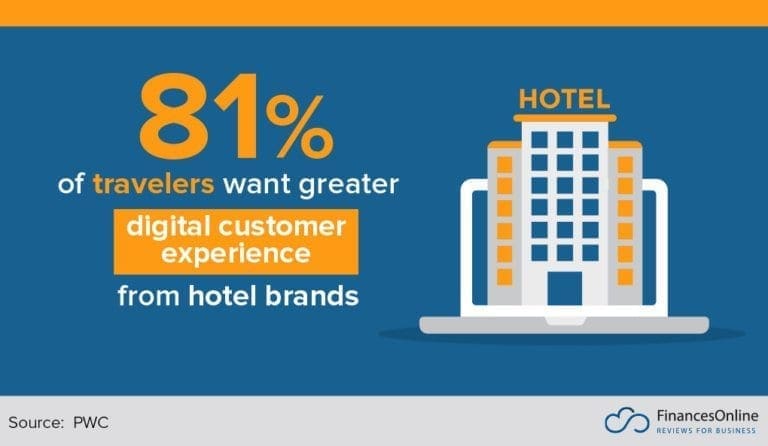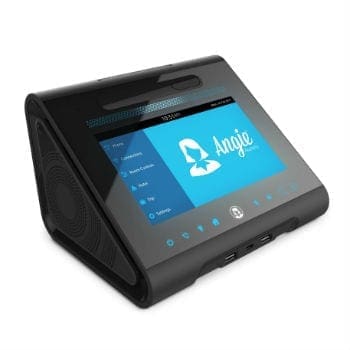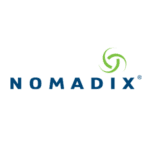 Voice technology, also known as voice recognition or voice assistant technology, is rapidly becoming a key trend in the hotel industry. In fact, it is one of the innovations pushing the industry forward during the COVID-19 pandemic. This is thanks to its hands-off, socially distanced attributes.
Voice technology, also known as voice recognition or voice assistant technology, is rapidly becoming a key trend in the hotel industry. In fact, it is one of the innovations pushing the industry forward during the COVID-19 pandemic. This is thanks to its hands-off, socially distanced attributes.
What is voice recognition?
Voice recognition involves speaking to a ‘smart device’. These devices process human speech, deciphering a command or question and providing a response. This saves the user from carrying out a traditional control function such as pressing a button.
Examples of this range from voice-controlled, virtual personal assistants on mobile devices and computers to ‘smart houses’, where you can open the curtains and operate the lights with voice commands.
It was estimated that in the United States, 128 million people would use a voice assistant at least monthly in 2020. Not to be left behind, major hospitality brands are now considering how to leverage voice technology for competitive advantage.
There are numerous customer touchpoints in the hotel industry that can benefit. Guests interact with hotel staff from before check-in by using multiple services and amenities, then during check-out and beyond. A voice recognition service engine can be equipped to enhance the guest experience while providing ROI.
Below we will look at the advantages of using voice technology in the hotel industry.
1. A hi-tech and connected customer experience
Equipping your hotel with high-speed internet access opens the opportunity to take advantage of new technologies which can improve the customer experience.
Booking processes can be streamlined and response times shortened, with the bonus of increasing revenue. Voice technology can provide guests with the ability to do the following without lifting a finger:
- Request room service
- Reserve a table in the hotel restaurant
- Obtain a gym or pool pass
- Make specific requests e.g. fresh towels
- Access up-to-date tourist information or weather forecasts
- Book excursions
2. Personalization
Using a personalized approach is one of the top hospitality marketing trends for 2021. Voice technology can play a big part here. Installing voice-controlled smart hubs in hotel bedrooms allows guests to adjust the temperature and lighting in their room to their individual tastes.
They can also use entertainment devices, all without pushing a button. Devices can be programmed with guest names in advance, amplifying the personalized experience.
3. Accessibility and removal of language barriers
Voice recognition is very accessible, even for technophobes. Being able to simply say ‘turn up the heating’, for example, is a lot easier than navigating some other innovations.
In-room voice technology also allows guests to interact in their native language. Smart devices’ ability to understand any existing language is a real advantage here, breaking down language barriers.
4. Improving staff time management
Using voice technology to perform simple tasks allows your team to reclaim time, freeing them up to provide an exceptional customer experience. Staff are empowered to focus on the tasks where the human touch makes a real difference while the tech takes care of the repetitive, simpler duties.
Effective performance management tools can help hotel management to adjust job profiles and expectations in line with the introduction of voice technology, creating relevant objectives and more effectively documenting performance.
5. 24/7 customer support
Voice technology is always available to swing into action no matter the time of day or night. It’s even on hand when your staff are otherwise engaged. For example, when they’re attending online meetings. This means customer support can be provided on a truly 24/7 basis without guests having to leave their room or even press a button.
A thorough quality assurance process will provide peace of mind that the technology is set up and working as it should, providing an exceptional level of customer support.
6. Collating feedback and actionable insights
Smart devices are a convenient way for guests to leave reviews, providing useful feedback and insights. Alongside more traditional methods of collating information, such as call logs and review platforms, voice technology is proving useful.
Image credit: Andres Urena on Unsplash
7. Enhancing your reputation as a forward-thinking brand
Guests might not always be aware that hotel owners are improving their service by using technology such as IPaaS and VoIP calling. However, they can’t help but notice the adoption of voice technology.
This allows hotels to differentiate themselves from competitors, offering a thoroughly modern experience. Video and photo content of the tech on offer enhances marketing efforts, appealing to the most tech-savvy of guests.
Voice technology is the future
Technology is changing the face of the hotel industry, and voice recognition is no exception. The advantages we have outlined above are a great beginning, but opportunities are also opening up for hotel owners to use voice technology in recruitment and other areas too.
About the author
 Victorio Duran III is the Associate SEO Director at RingCentral, a global leader in cloud-based communications and collaboration solutions. He has over 13 years of extensive involvement in web and digital operations with diverse experience as a web engineer, product manager, and digital marketing strategist.
Victorio Duran III is the Associate SEO Director at RingCentral, a global leader in cloud-based communications and collaboration solutions. He has over 13 years of extensive involvement in web and digital operations with diverse experience as a web engineer, product manager, and digital marketing strategist.


 Image source
Image source












